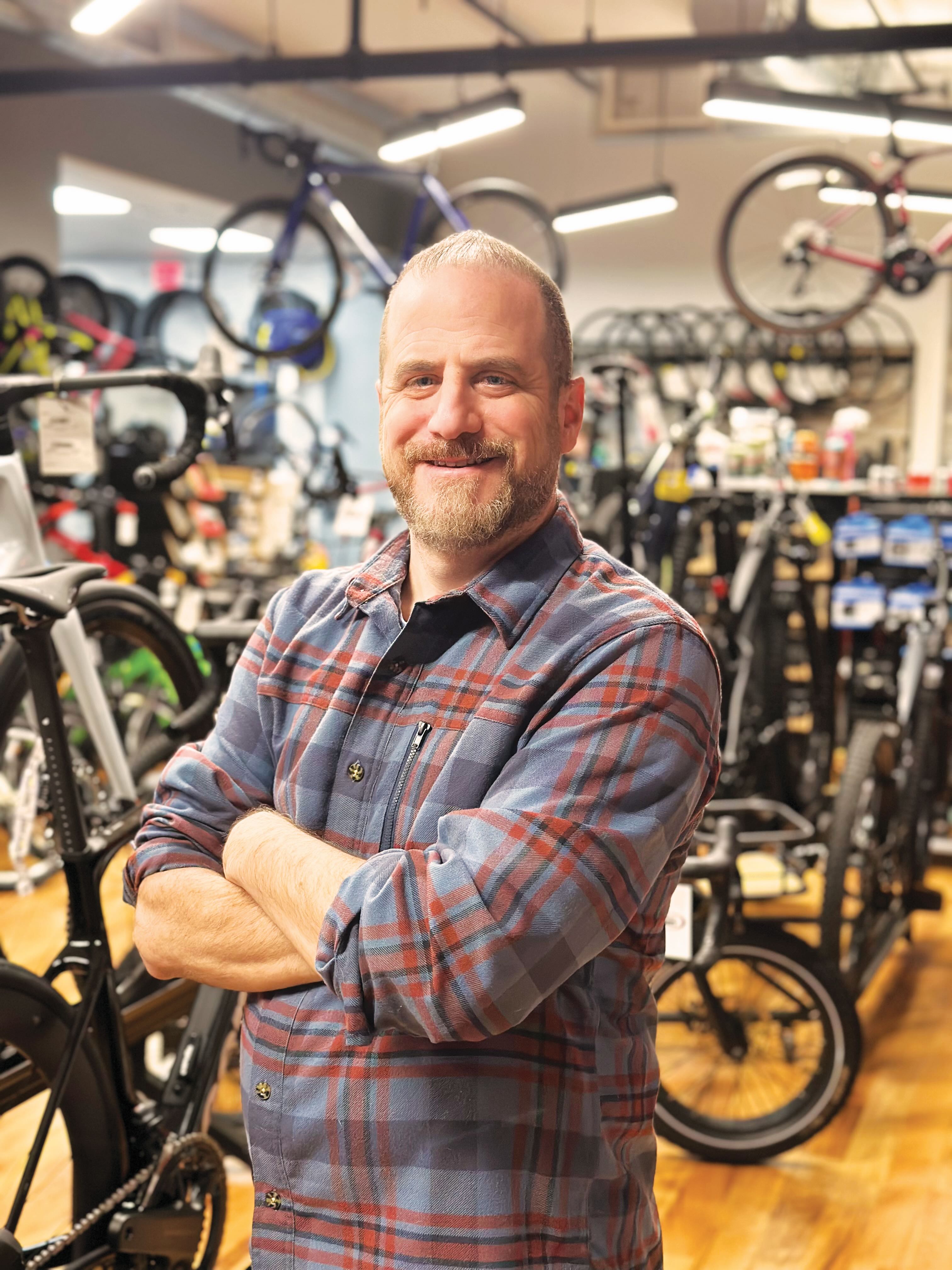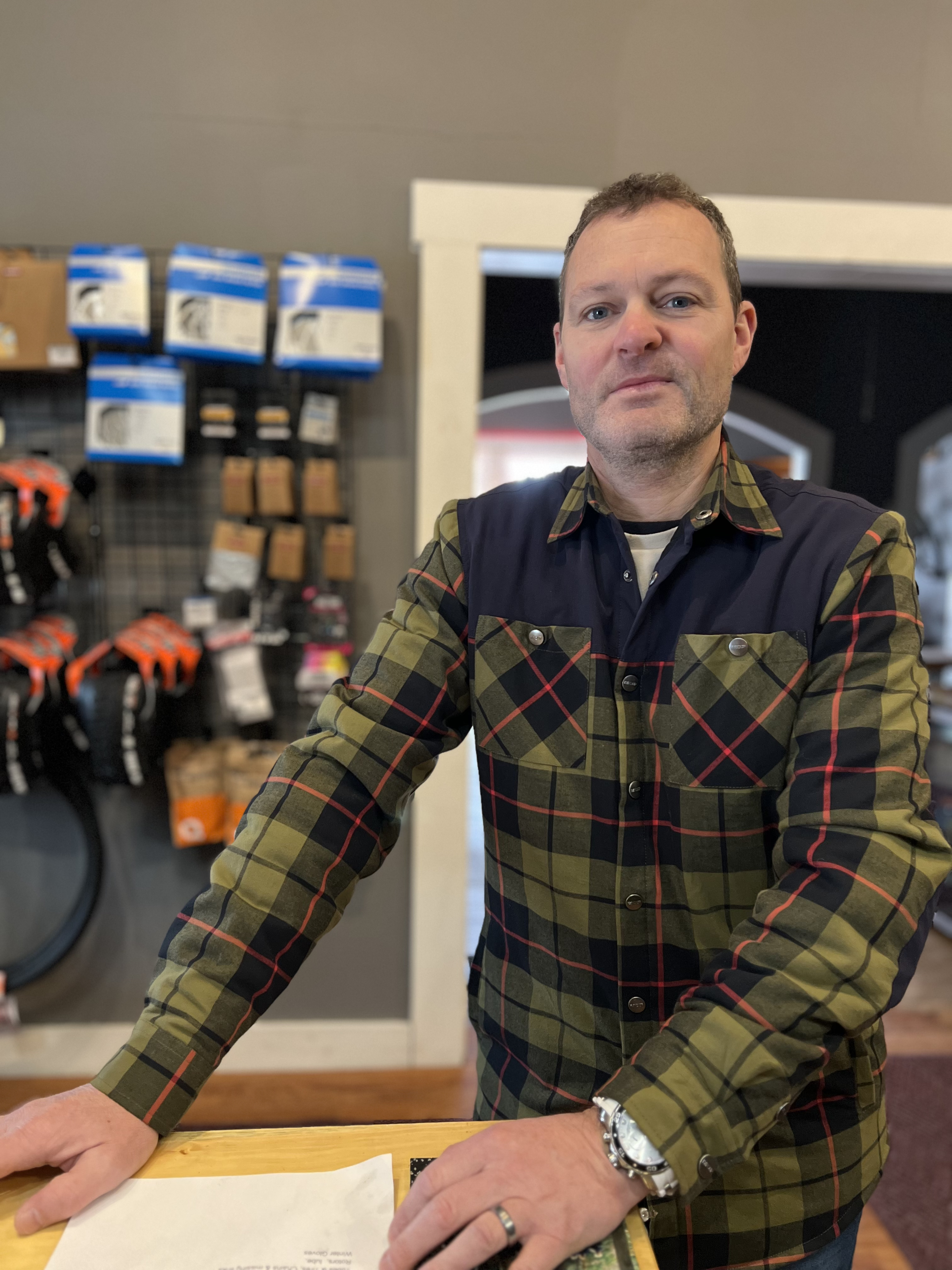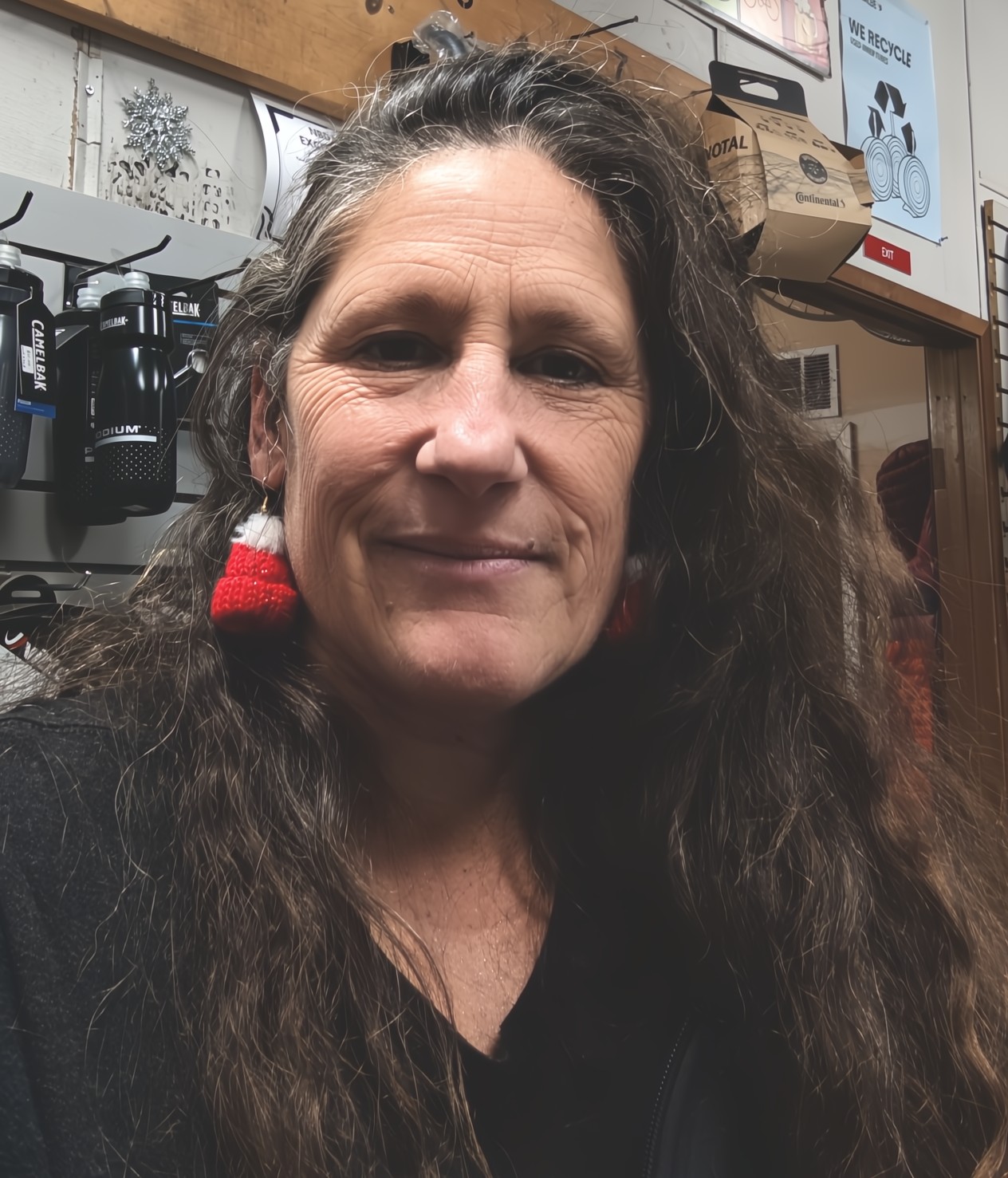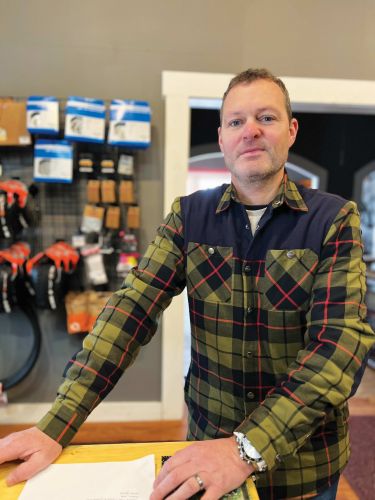A version of this feature ran in the February issue of BRAIN.
BOULDER, Colo. (BRAIN) — For our February magazine edition, we asked our State of Retail panel members: How has your business been affected by recent industry upheavals, such as bike brands leaving the U.S. market and retailers going out of business?
MONTCLAIR, N.J.: Dave Adornato, owner Montclair Bikery

The recent changes have been disconcerting and have forced us to take stock in how we do business. With so much product available at a deep discount and customers that are much more discerning and price conscious, we need to be much more careful with how we invest in inventory. Any reinvestment of profits in inventory has to be scrutinized. There is little room for error with slim margins and cash flow challenges. All of the brands we carry have maintained their market share and seem positioned to weather this down cycle. This has been an opportunity for us to evaluate the brands that we carry, commit to the ones that demonstrate a genuine interest in our success, and reconsider our relationship with the brands that have not shown the same interest in our success. It's been five years since the beginning of the pandemic. Hopefully, all those riders who purchased bikes are ready for new ones in the coming cycling season.
HARDWICK, Vt.: Jason Bahner, co-owner Riverside Cycles

We have had some flooding locally which has been a setback for a few of the shops, but none has gone out of business. Shops in Vermont are fairly spread out and super friendly, so the sense of competition between us is slim. Riverside is in its first year of operation, and as such, we don’t have a lot of perspective on recent developments in the industry. Being a new shop, we carry two brands: Rocky Mountain and Cannondale. We have yet to see the effects of Rocky Mountain's restructuring scenario, and Cannondale's supply for 2025 hasn’t been an issue. We will wait to see what happens and make decisions based on what the outcomes of the brands are. As we look at other brands to carry in the future, we will keep this on the front burner.
WHEAT RIDGE, Colo.: Enric Die-Girbau, operations manager Rhythm Cycles

The recent industry news saddens us, but we are not surprised. We helped play an integral part in GT’s resurgence within our market, and without them, we need to fill a large void in our current assortment. At the same time, several shops in our area exited the market in 2024, and we gained a significant number of customers seeking service and a new shop home. We’re proactively managing the potential loss of additional brands that could cease to operate in 2025 and preparing to potentially add a new high-value brand(s) to our assortment if one of our competitors goes out of business. In our market, it can be tricky to get accounts with some of the top bike brands.
We expect price increases from suppliers in 2025 as a result of new tariffs. We will continue fine-tuning the plan we implemented in 2024, which focused on a reduction of on-hand inventory, a move toward active stocking metrics, and finally, just-in-time purchasing. We are constantly having to make tough decisions to forego small-margin improvements to reduce our overall inventory load and maintain higher cash reserves throughout the year. Amid a trying 2024, we ultimately came out on the other side with a deeper understanding of the industry. That’s what we’re focusing on — what we’ve learned, what we can improve on. We are optimistic for the year ahead and welcome the challenges that will make us grow as a company.
COSTA MESA, Calif.: Lisa Fleischaker, owner The Unlikely Cyclist

Other than some minor supplier changes, we have not been greatly affected by the recent turmoil; for most goods, we operate on a “just-in-time” basis. However, we have lost several shops in our area. This has increased foot traffic in my shop for repairs, and to some extent bike sales, but not in huge amounts. If our closest competitor were to close, I expect we would see the same pattern. Of course, I am beyond sad to hear of shop closures and supplier changes. Let’s be honest, no one gets into this business to become a millionaire; we do it because we love bikes. Any closure represents the end of someone’s dream.
BOULDER, Colo.: Diana Freeman, owner/founder Cassiopeia

It's always disappointing to hear that shops are closing. We're in a strong cycling market in Boulder, and I haven't seen any specific shops go out of business in the last year, but we've been focused on getting our own doors open. As for the recent bike brand announcements, we are unaffected because we don't sell hard goods. Our focus is apparel, accessories, and prioritizing women riders. We, like all independent bike shops, are hubs for the cycling community, and I fear this industry downturn will also slow the momentum of getting more people into the sport. I also think that more shops will continue to close if suppliers don't adjust their business models. Retail needs to have a shared risk between shops and brands, and that has historically been disproportionately falling on retailers.
GREENWICH, Conn.: Rob Koshar, owner Greenwich Bicycles

In the last couple years, two shops have closed in my market area. Their former customers find their way to my shop or another bike shop in the area. We carried GT, but it was never a focus for us. We are focusing on selling these and other leftover pandemic bikes by giving sales spiffs and discounting them. Nowadays, bike shops are being squeezed by increasing costs of doing business and margin compression and competition from our vendors. But the pandemic was the gift that keeps on giving with e-bike and high-end bike sales being way higher than pre-pandemic. Since the election, business has been strong compared to 2023. The Trump effect helped affluent customers to feel confident spending money with the stock market going up and expectations for lower taxes. This has given me confidence to bring in some higher-end product that I believe will sell because of scarcity. I am trying to do just-in-time delivery as much as possible.
BELLINGHAM, Wash.: Staci May, co-owner Earl’s Bike Shop

The recent industry news has led to a sense of uncertainty and disruption. For our shop, it means taking a harder look at what we are going to stock moving forward and how much inventory we will carry. What happens next? Start your bingo card! None of the retailers in our area has gone out of business. We had a shop leave the market and another enter. For the most part, the only difference is a shift in service. As of right now, we have not made changes in anticipation of future changes such as tariffs. Do we foresee doing so? Yes. What does that look like? Not sure. Different.
MIAMISBURG, Ohio: Sandy Whitman Talley, owner Whitman’s Bike Way Bike Shop

I’m not completely surprised about these industry upheavals. Though the pandemic initially revitalized the bicycle industry, it quickly caused a downward spiral. Though disappointing, especially for the industry as a whole, the brands that have left the U.S. and gone out of business are not brands we have been doing business with, so it’s had very little impact on us. We had one shop in the area go out of business this past year. We did gain sales from the closing, but it didn’t seem to affect us in the long run, as it was a specialty high-end road bike store. Since our industry was already hit with tariffs this past year, we’re anticipating growing our sales with the new administration. We will continue to look for great deals, proven products, brand support, offering our customers second to none superior service.
SAN FRANCISCO: Brett Thurber & Karen Wiener, owners The New Wheel

All the turmoil in the industry is not surprising; we've felt the challenges as well. We lost Stromer as a brand, which was very unfortunate. We had been Stromer fans for years and so it leaving the U.S. market was quite disappointing. I hope that this time of retrenchment will allow for greater focus; that is how we are approaching the changes. A combination of increased focus and renewed confidence in the role our brick-and-mortar shops play in supporting riders who use their bikes regularly makes me quite optimistic for 2025 and beyond.
There have been a couple shops that have closed in our area, and while unfortunate, it does allow for increased business for those shops that continue to exist — including ours — and that is always a good thing. Our biggest competitors these days are brands that sell the dream of saving money by removing local retail. If those brands start folding or changing their model, we would be quite pleased. Right now, we are learning to live in the new normal by increasing service rates for bikes not purchased at the shop.
The biggest question for us is if tariffs will be levied on European goods, which would be challenging for us. But buying extra just in case seems quite unwise as Trump is nothing if not unpredictable. We are staying the course and will see how things go.


